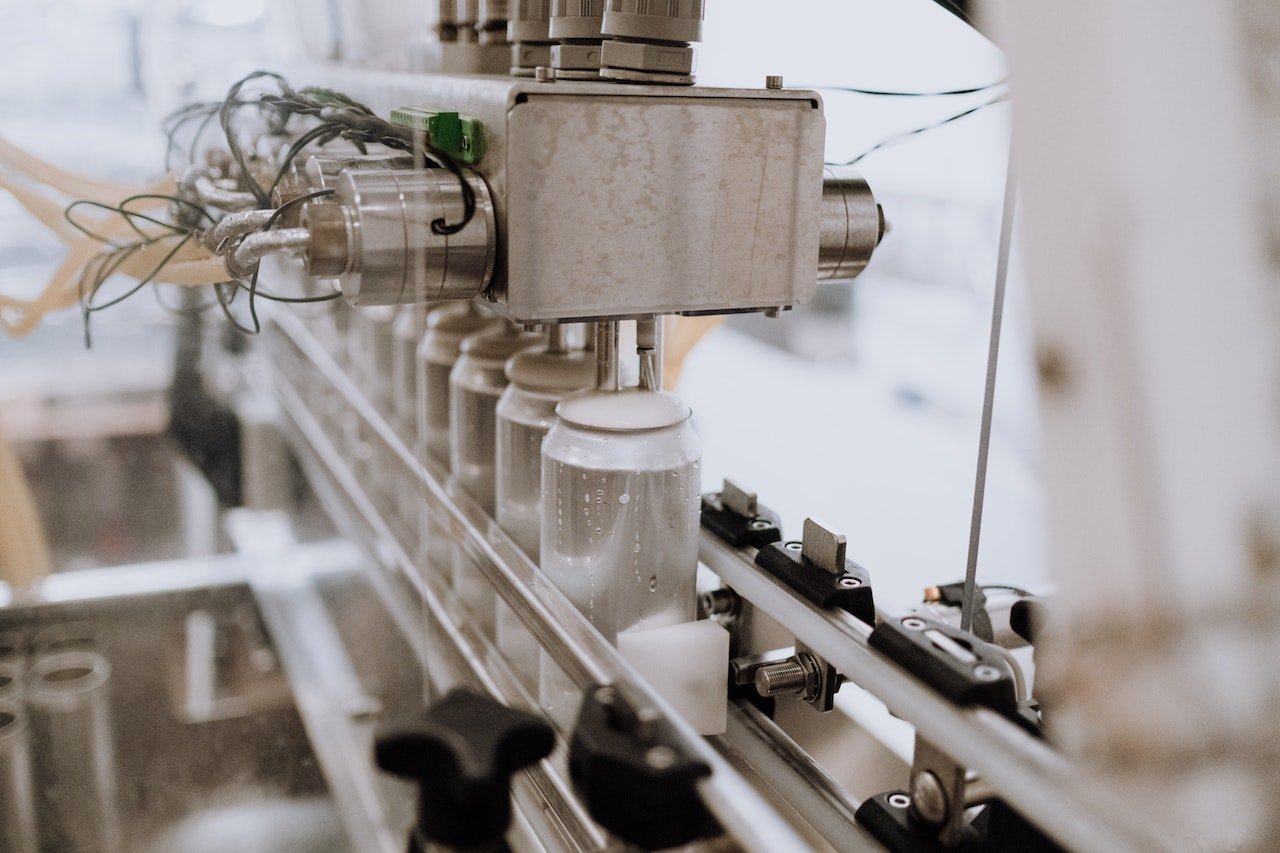How Machine Learning is Advancing the Manufacturing Process
Artificial intelligence’s subset of machine learning has become an essential tool in the manufacturing sector. Machine learning enables hardware and software to learn from data, make projections, and optimize processes using statistical models and algorithms. It is transforming how industrial activities are carried out, resulting in improved productivity, efficiency, and quality. This post will look at five main areas where machine learning is improving the manufacturing process.
Predictive Maintenance and Equipment Optimization
Machine learning systems are being used to detect and avoid equipment failures, significantly improving maintenance procedures. Machine learning may recognize trends and symptoms that presage equipment breakdowns by examining real-time sensor data, previous maintenance logs, and other pertinent information.
This allows producers to plan maintenance interventions, cutting downtime and averting expensive breakdowns. By continually evaluating data and pinpointing opportunities for improvement, machine learning algorithms may help enhance equipment operation. This guarantees that machinery runs as efficiently as possible, increasing production and lengthening its lifespan.
Quality Control and Defect Detection
Machine learning in manufacturing is essential for improving quality control procedures and finding manufacturing flaws. By examining data from numerous sources, including sensors, cameras, and manufacturing records, machine learning algorithms may find patterns and anomalies that denote flaws or deviations from desirable standards. As a result, real-time monitoring and prompt remedial action are made possible.
Machine learning algorithms, for instance, may examine photographs of car parts to find flaws or variations in size, shape, or color. Machine learning enhances overall product quality and eliminates the need for hand inspection by automating the problem identification process.
Supply Chain Optimization
Manufacturers may simplify operations and cut costs using machine learning algorithms to optimize supply chain operations. Machine learning algorithms may forecast demand, regulate inventory levels, and enable just-in-time manufacturing by examining historical data, market patterns, and external factors. This aids producers in avoiding stock outs, lowering excess inventory, and enhancing the effectiveness of the supply chain. Machine learning can also spot possible hazards and hiccups in the supply chain, allowing businesses to control them proactively and maintain uninterrupted production.
A steady flow of materials is also ensured, and the effects of unanticipated occurrences are reduced, thanks to machine learning’s ability to predict possible risks and interruptions in the supply chain. As a result, manufacturers are better equipped to execute backup plans and alternate sourcing techniques. Manufacturers get a competitive edge by utilizing machine learning for supply chain management through increased effectiveness, lower costs, and resilience.
Process Optimization and Energy Efficiency
Manufacturing processes are optimized using machine learning algorithms, which increases productivity and lowers energy use. Machine learning algorithms can pinpoint potential areas for process improvement and energy saving by examining data from detectors, production records, and environmental conditions. For instance, machine learning may improve the parameters and settings of a machine to decrease waste and boost throughput.
Additionally, it may pinpoint processes that use a lot of energy and recommend ways to optimize energy use, such as changing operating schedules or implementing energy-saving measures. Machine learning algorithms promote ongoing process optimization and aid in environmentally friendly production methods by continually learning and adapting. These improvements in energy efficiency and process optimization lead to cost reductions and a more sustainable production process.
Demand Forecasting and Production Planning
Machine learning techniques are used to estimate demand properly and improve production scheduling. Machine learning can provide precise demand estimates by examining past sales data, industry patterns, and outside variables like seasonality and promotions. This makes it possible for producers to eliminate stockouts and surplus inventory and match production capacity with anticipated demand.
By considering variables like production limits, supply availability, and worker capacity, machine learning algorithms may help improve production planning. Machine learning increases production efficiency and assures customer happiness by matching supply and demand. Manufacturers may prevent underproduction or overproduction, resulting in greater resource use and increased profitability, with precise demand forecasts and efficient production planning.
Conclusion
As a result, machine learning is revolutionizing the manufacturing industry by allowing predictive maintenance, boosting quality control, streamlining supply chain operations, expanding the efficiency of processes, and enabling precise demand forecasting. Manufacturers may increase production, reduce costs, and improve customer happiness by utilizing the potential of machine learning. Machine learning will foster innovation and guide manufacturing’s future as the sector embraces cutting-edge technology.







